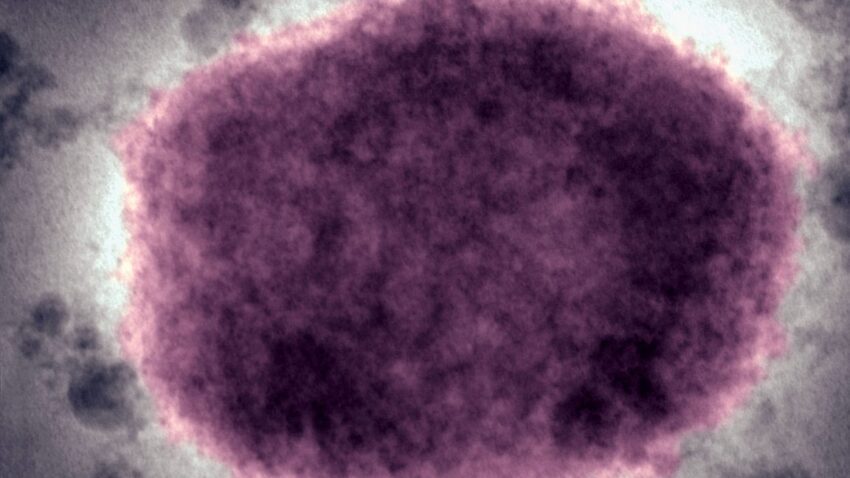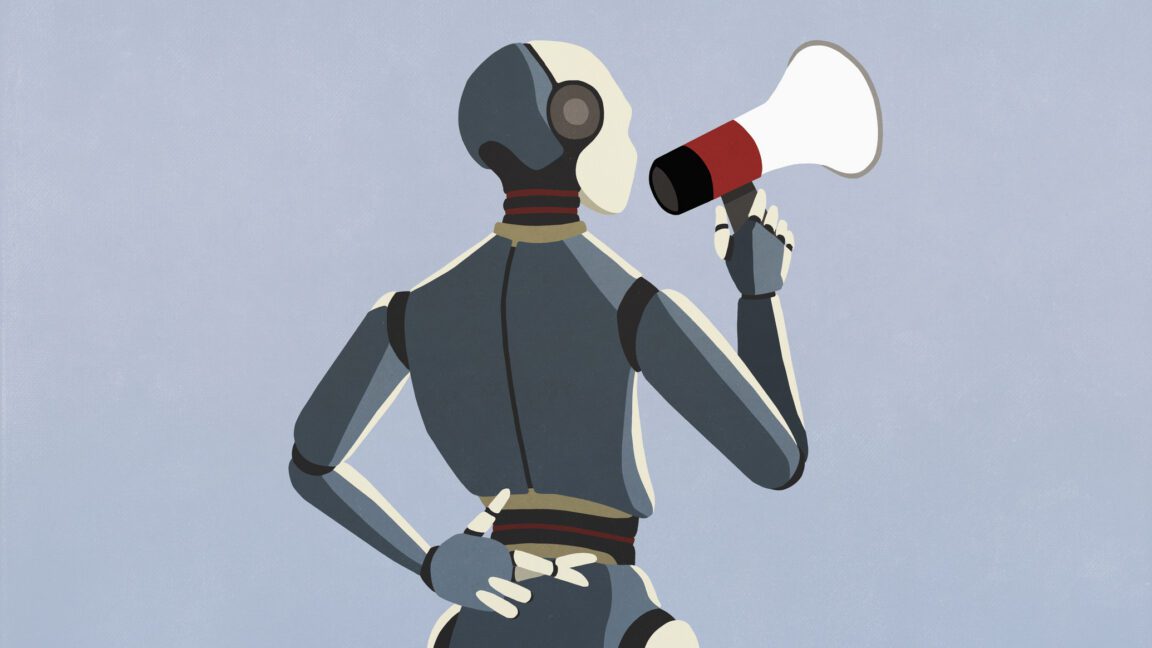
in 2022 the world axed a disease The U.S. Centers for Disease Control and Prevention (CDC) has reverted to the use of the term “monkeypox,” a name that was abandoned in 2022 due to its perceived racist and stigmatizing connotations.
in 2022 the world axed a disease
Background on Mpox and Monkeypox
Mpox, the name currently used for the disease caused by the Orthopoxvirus monkeypox, gained prominence as a more neutral alternative to “monkeypox.” This decision was made in light of growing awareness about the implications of disease naming conventions, particularly how they can perpetuate stigma and discrimination against certain groups of people. The name “monkeypox” has been criticized for its potential to reinforce negative stereotypes about people from regions where the virus is endemic, particularly in Africa.
The Orthopoxvirus monkeypox is a member of the same family as smallpox and cowpox. It was first identified in laboratory monkeys in 1958, which is how it received its name. However, the virus is primarily transmitted to humans from animals, particularly rodents. The disease has been known to cause outbreaks in Africa for decades, but it gained global attention in 2022 when cases surged in non-endemic countries, prompting the World Health Organization (WHO) to declare a public health emergency.
Global Health Response and Name Change
In response to the rising cases of mpox, health officials and organizations around the world began to reconsider the terminology used to describe the disease. The WHO, along with various public health experts, recognized that the name “monkeypox” could contribute to stigma and discrimination, particularly against individuals of African descent. As a result, in late 2022, the WHO officially recommended the use of the term “mpox” as a more appropriate alternative.
This change was not merely cosmetic; it represented a broader movement within the public health community to adopt language that is sensitive and inclusive. The decision to rename the disease was part of a larger effort to combat stigma associated with infectious diseases, which can hinder public health responses and discourage individuals from seeking care.
Implications of the Name Change
The implications of the name change extend beyond mere semantics. By adopting the term “mpox,” health officials aimed to reduce the stigma associated with the disease, thereby encouraging individuals to seek medical attention without fear of discrimination. Stigmatization can lead to delayed treatment, increased transmission rates, and a lack of public cooperation with health measures. The renaming was seen as a crucial step in fostering a more supportive environment for those affected by the disease.
Furthermore, the decision to change the name highlighted the importance of cultural sensitivity in public health communications. Names carry weight and can influence perceptions, behaviors, and even policy decisions. By choosing a name that is less likely to evoke negative associations, public health officials hoped to promote a more effective and compassionate response to the outbreak.
The Reversion to “Monkeypox”
Despite the progress made in renaming the disease, the recent decision by the CDC under the Trump administration to revert to the term “monkeypox” has raised significant concerns among public health experts and advocates. This move appears to disregard the lessons learned from the previous outbreak and the subsequent efforts to promote a more inclusive and sensitive approach to disease naming.
The reversion has sparked outrage among health professionals who argue that it undermines the progress made in addressing stigma associated with the disease. Critics contend that reverting to the old name could reinforce negative stereotypes and deter individuals from seeking treatment or reporting symptoms. The decision has been described as a step backward in the fight against discrimination and stigma in public health.
Stakeholder Reactions
Reactions to the CDC’s decision have been swift and varied. Public health advocates have expressed disappointment, emphasizing that the name change was not merely a matter of preference but a critical public health strategy. They argue that the use of “monkeypox” could lead to increased stigma, particularly against communities already marginalized by health disparities.
Some health officials have voiced concerns that the reversion could hinder ongoing efforts to control the spread of the disease. The fear is that individuals may be less likely to seek medical care if they associate the disease with negative stereotypes. This could ultimately lead to higher transmission rates and more severe outbreaks, counteracting the progress made during the initial response to the mpox outbreak.
On the other hand, some supporters of the reversion argue that the term “monkeypox” is more recognizable and has been used for decades. They contend that familiarity with the term may facilitate better public understanding of the disease and its transmission. However, this argument has been met with skepticism, as many public health experts emphasize that the potential harms of stigma far outweigh the benefits of familiarity.
Broader Context of Disease Naming
The controversy surrounding the naming of mpox is part of a larger conversation about how diseases are labeled and the implications of those labels. Historically, disease names have often reflected geographic locations, animal hosts, or the individuals associated with their discovery. However, as public health has evolved, there has been a growing recognition of the need for more thoughtful and sensitive naming conventions.
In recent years, organizations like the WHO have taken steps to address these issues by establishing guidelines for naming new diseases. These guidelines emphasize the importance of avoiding names that could cause offense or perpetuate stigma. The goal is to ensure that disease names are scientifically accurate, easy to pronounce, and do not carry negative connotations.
Lessons from the Covid-19 Pandemic
The Covid-19 pandemic has further illuminated the importance of language in public health. Terms like “Wuhan virus” or “China virus” were criticized for fueling xenophobia and discrimination against Asian communities. In response, health officials and organizations have made concerted efforts to use neutral language when discussing infectious diseases. The renaming of mpox can be seen as part of this broader effort to promote inclusivity and sensitivity in public health communications.
Future Considerations
The CDC’s decision to revert to the term “monkeypox” raises important questions about the future of disease naming conventions and the role of public health agencies in shaping perceptions. As the world continues to grapple with infectious diseases, it is crucial for health officials to remain vigilant about the language they use and the potential consequences of that language.
Moving forward, public health agencies must prioritize cultural sensitivity and inclusivity in their communications. This includes not only the naming of diseases but also the framing of public health messages and campaigns. By fostering an environment that encourages open dialogue and understanding, health officials can work to mitigate stigma and promote better health outcomes for all communities.
In conclusion, the reversion to “monkeypox” by the CDC represents a significant setback in the ongoing efforts to combat stigma associated with infectious diseases. As public health officials navigate the complexities of disease naming, it is essential to prioritize sensitivity and inclusivity in order to foster a more supportive environment for those affected by these diseases.
Source: Original report
Was this helpful?
Last Modified: October 1, 2025 at 4:37 am
0 views















